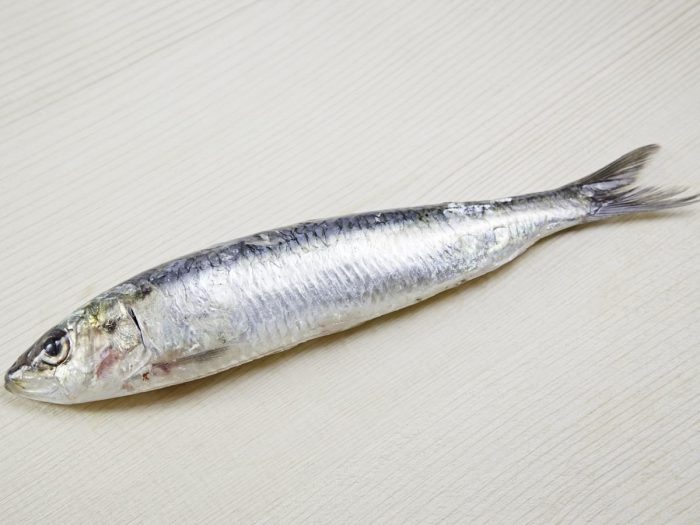Some of the health benefits of Vitamin D, also known as calciferol, include curing rickets, the treatment of osteomalacia, protection against peripheral arterial disease (PAD), reducing the risk of cancer, preventing bone fractures, and treating rachitic rosary.
Vitamin D (calciferol) is a fat-soluble vitamin that is essential for human health. It is also called a steroid vitamin, because it increases the metabolism and absorption of calcium and phosphorus. Normal sunlight is actually adequate for the production of Vitamin D in the skin. However, a deficiency of Vitamin D can cause rickets in children and osteomalacia in adults.
Vitamin D Deficiency Symptoms
The diseases caused by Vitamin D deficiency are osteomalacia and rickets. Osteomalacia is most often found in adults. The main symptoms of osteomalacia are an increase in bone fractures, a waddling walk, and muscle weakness. Rickets is a disease of the bones found in children. The symptoms of rickets include bowed hands and bowed legs. This happens due to the softening of bones.
Important Sources of Vitamin D
Sunlight is the most important source of Vitamin D. Ultraviolet rays from the sun increase the speed of production of Vitamin D in the skin. Fifteen minutes of sun exposure a day is enough to complete your Vitamin D requirement. Vitamin D is found in a few foods, such as mackerel, sardines, and salmon fishes. Other good sources of vitamin D include butter, egg yolks, cod liver oil, and oily fish. Fortified milk also contains some amount of Vitamin D.
Health Benefits of Vitamin D
Curing Rickets: Vitamin D helps the body control phosphate and calcium levels in the body. In the case of a deficiency of vitamin D, the body is then unable to control phosphate and calcium levels. The body may generate other hormones to encourage the release of phosphate and calcium from the bones if the levels of these minerals in the blood become very low. This results in weakening and softening of the bones.
Rickets is identified by an X-ray examination of the bones of the legs. Rickets can be cured quickly with an extra dose of oral Vitamin D. During the treatment of rickets, a doctor monitors the levels of 25-OH-D in the plasma to raise it to a normal value. The abnormalities in the bones will then slowly disappear.
Rickets can also be caused by a calcium deficiency, even when a child is adequately exposed to the sun. For the treatment of this type of rickets, a supplement of extra calcium must be given along with the dose of Vitamin D.
Treatment of Osteomalacia: Osteomalacia is a disease found in the skeleton. The meaning of the word ‘Osteomalacia’ is “soft bones”. Minerals, calcium, phosphorus, and the matrix comprised of collagen, osteoclasts, and osteoblasts are the four main components of bone. Osteoclasts are bone-removing cells and osteoblasts are bone-manufacturing cells. The collagen fibers in matrix are covered by minerals. The strength of a bone depends upon the rich mineral coating over the collagen matrix. The mineral coating, if found in a significant quantity, forms a strong bone. Osteoclasts eradicate old bone and osteoblasts manufacture the new collagen matrix. Osteomalacia takes place if the process of formation of the mineral coating does not take place correctly. In this disease, new bones are formed without the mineral coating, which leads to softening of the bones. These types of bones may crack or bend easily. Osteomalacia is treated with an oral dose of Vitamin D and direct exposure to the sun. One alternative for absorbing ultraviolet rays is the use of UV lamps.
Protection Against Peripheral Arterial Disease: Vitamin D reduces the chance of peripheral arterial disease. Vitamin D helps the body to absorb calcium, which is essential for our bones. Children are asked to sit in the sun for a moderate amount of time for the absorption of Vitamin D, in order to prevent this terrible disease.
Cutting the Risk of Cancer: Studies have shown that a high intake of vitamin D can reduce the risk of various types of cancers and cardiovascular diseases. It helps to protect against cancers of the prostate, lung, skin, and lymphoma.
Reducing Bone Fractures: Vitamin D-rich diets reduce the chances of disabling fractures. A good intake of calcium will not keep the bones strong if Vitamin D is missing or lacking.
Treating Rachitic Rosary: Vitamin D also helps in treating rachitic rosary, which manifests in bead-like bumps seen at the joints of the ribs with their cartilages. This condition is often found in children that are already suffering from rickets.

No comments:
Post a Comment